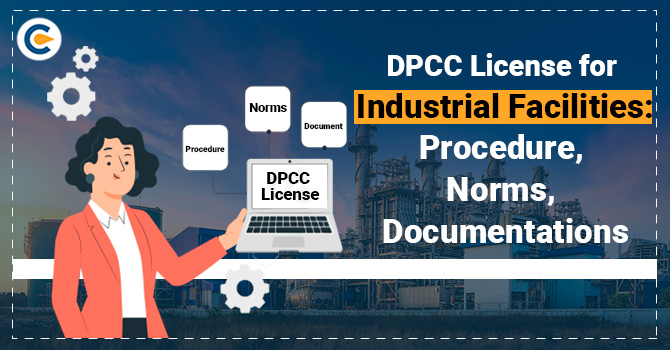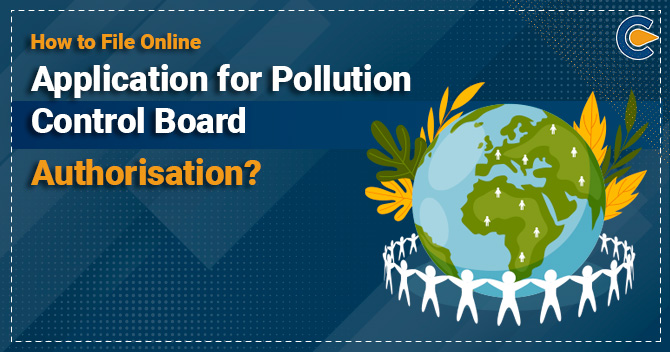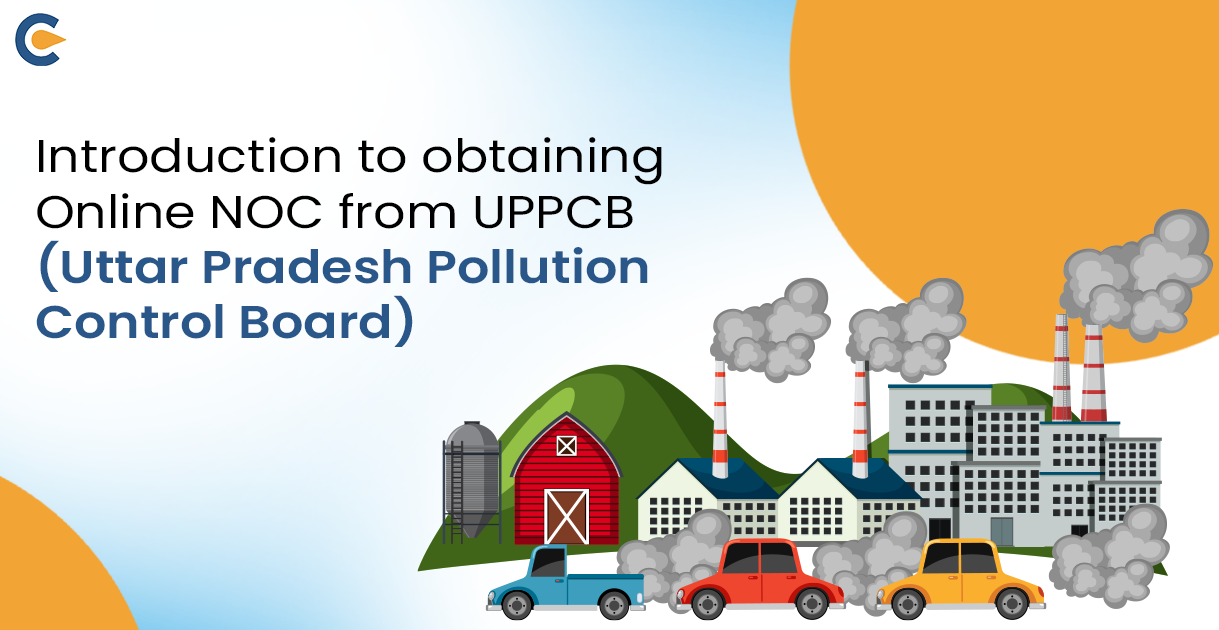DPCC, i.e. Delhi Pollution Control Committee, is a governing agency for the enactment of several Environmental / Pollution Control Laws in Delhi. DPCC has the authority to formulate, amend, or remove any Pollution Control norms whenever it deems fit. The Delhi-based pollution prone industries that fall under the Red, Orange, Green, and White category needs to abide by DPCC’s norms that thus apply for consent to stay legally operational. This blog will guide you on how industries in Delhi can obtain a DPCC license (CTE or CTO).
Duties performed by DPCC as per Governing Legislation
- Setting out norms for treatment of trade effluents and sewage & for emissions from the vehicle, industrial facilities, & any other polluting source.
- Granting consent certificates to the entities falling in conforming regions and complying with the environment-related provisions
- Granting consent in the form of Authorization to health care facilities, blood banks, veterinary clinics, etc.
- Taking actions against entities breaching the environment-related provisions
- Assessing the quality of ambient air and water and taking steps for the control and abatement of water and air pollution.
Categorisation of Industries on the basis of pollution index
- Industrial Sectors with Pollution Index score of 60 & above – Red category
- Industrial Sectors with Pollution Index score of 41 – 59 – Orange category
- Industrial Sectors with Pollution Index score of 21 – 40 – Green category
- Industrial Sectors with Pollution Index score incl. & upto 20 – White category
Is it mandatory to obtain DPCC License?
It is a mandatory for every Industrial/ Commercial facility/Health care unit to secure a certificate from Delhi Pollution Control Committee to ensure that they take apt measures to curtail Environmental Pollution.
Pollution triggered by industries can be in any form like trade effluent discharge, air emissions, Plastic waste, hazardous waste generation, Battery waste, Electronic waste, which are hazardous to the environment and public health. Thus, such industries are obligated to their register with DPCC and secure CTO and CTE in a phase-wise manner.
Information to be provided in the form for DPCC license
- Name of the applicant and contact detail
- Facility address
- Status of the unit
- Latitude/Longitude of the premises
- Contact detail of the Managing partner or officer accountable for matters linked with pollution control
- Total capital invested in the plant
- CETP Society membership (if the unit is located in an industrial area)
- Total plot and build-up area (in sqr meters)
- Status of environment clearance
- Sanctioned Power Load
- Commencing date of production for Proposed or Existing unit
- Workforce detail
- List of products and by-products
- List of raw materials
- Water consumption and waste generation
- Details of CGWA/DJB/DC permission in case of groundwater connection
- Detail of DG sets
Steps to secure DPCC License
Apply CTE application
Apply for CTE, i.e. Consent to Establish by filing a prescribed application with SPCB. The applicant can use the SPCB portal for this purpose. While filing such an application, they are required to submit information as mentioned above.
Respond to Queries raised by DPCC
The online application will then be sent to the concerned department of DPCC for further processing. In case of any loopholes, DPCC Officer would raise the query electronically. Furnish reply to such queries. On successful submission of a response, you shall be granted CTE consent.
Install Pollution Control Devices
Install pollution control devices in your facility such as Sewage Treatment Plant, Effluent Treatment Plant, Bag filters, Wet Scrubber, etc., as per industry-wise applicability.
Conduct test for Pollution Control Device via certified lab
Get lab testing done of Pollution Control Devices by the certified lab of DPCC. The report generated after testing would determine whether the installed devices are in line with the underlying Environmental Norms or not.
Apply CTO Application
Apply for Consent to Operate (CTO) and submit the requested particulars and attach the lab report along with mandatory documentation as applicable to your industries.
Respond to queries raised by DPCC
Post application submission, the concerned department of DPCC shall conduct the verification process. If the department comes across some errors in the application form, the same shall be intimated to the applicant via an online portal. The applicant is required to furnish their response in the prescribed timeline. The authority shall grant the license post successful verification of the applicant’s queries.
Apply Authorization/ Registration
Apart from filing Consent to Establish and Consent to Operate application, certain facilities may require to secure consent under the following depending on their nature of the operation:
- E-waste Management,
- Hazardous Waste Management,
- Registration under Plastic waste Management
- Battery Waste Management
The application format for aforesaid categories remains more or less the same, with slight variance in few details depending on the nature of work and other governing legislation.
Noteworthy points regarding the grant of DPCC license
- Facilitation of inaccurate detail and non-disclosure of vital information is subjected to penalties under governing Act.
- The filing of applications regarding consent to Establish or consent to operate should be done online via the SPCB portal. The lack of the aforementioned documents and standard application fee shall incur the chances of cancellation.
- For online filing, DSC is mandatory.
- Adding the term “Not Applicable” is compulsory against the items that are irrelevant to the activity.
- Applicants can add an extra sheet if there is a space constraint for any item in the form.
- Mentioning competent agencies is compulsory that govern any aspect of the facility.
- The application for CTE or CTO shall be accompanied by the aforesaid documents. The list of the document is also cited on the last page of the form.
- Applicant must enclose his/her signature on required pages for physical submission of application to DPCC’s postal address.
- Plastic Bags manufacturers and plastic waste recycles are mandated to apply for Authorisation under PWM Rules, 2016[1] while applying for CTO under Air & Water Act.
- The units falling under Hazardous & Other Waste (Management & Transboundary Movement) Rules 2016 should mandatorily apply for authorisation under such rules while seeking CTO/Renewal Air & Water Act.
Conclusion
DPCC seeks various documentation for the grant of DPCC license. Site plan, schematic of the manufacturing process, and list of pollution control devices are some common documents required for DPCC license.
Read our Article:How to Get NOC from State Pollution Control Board?











